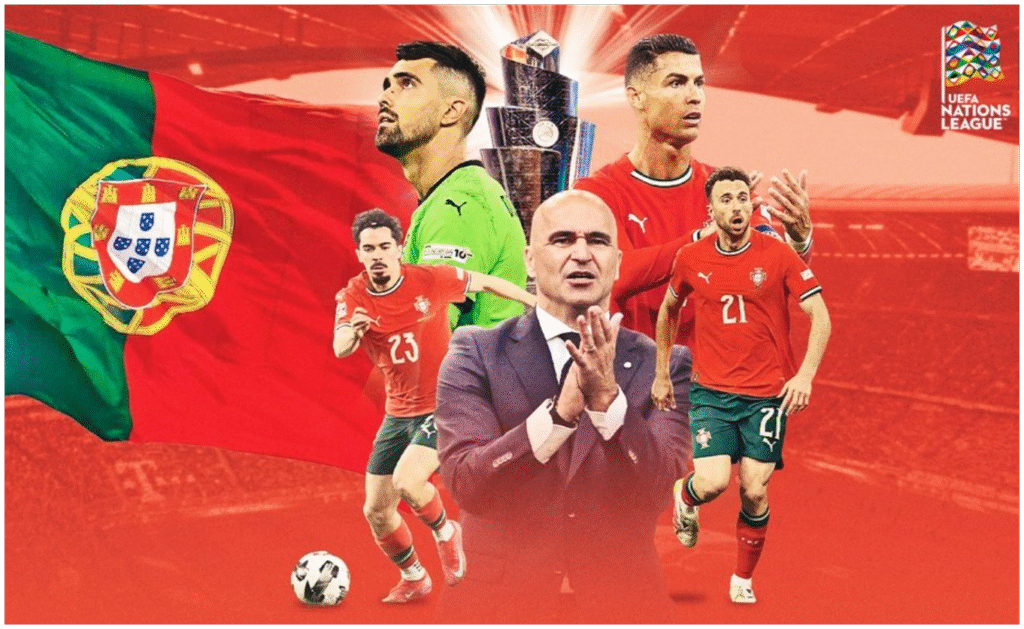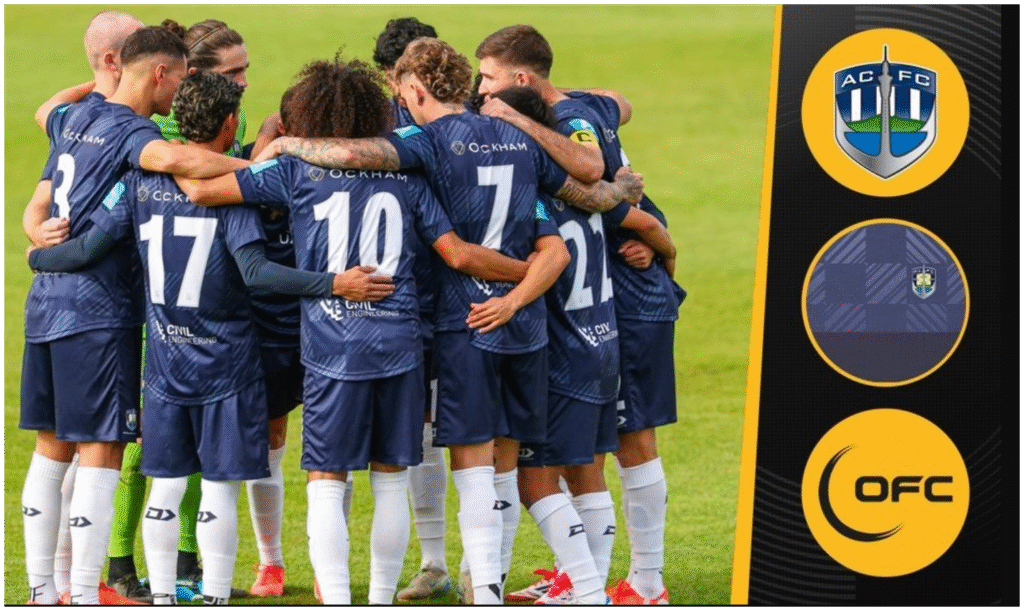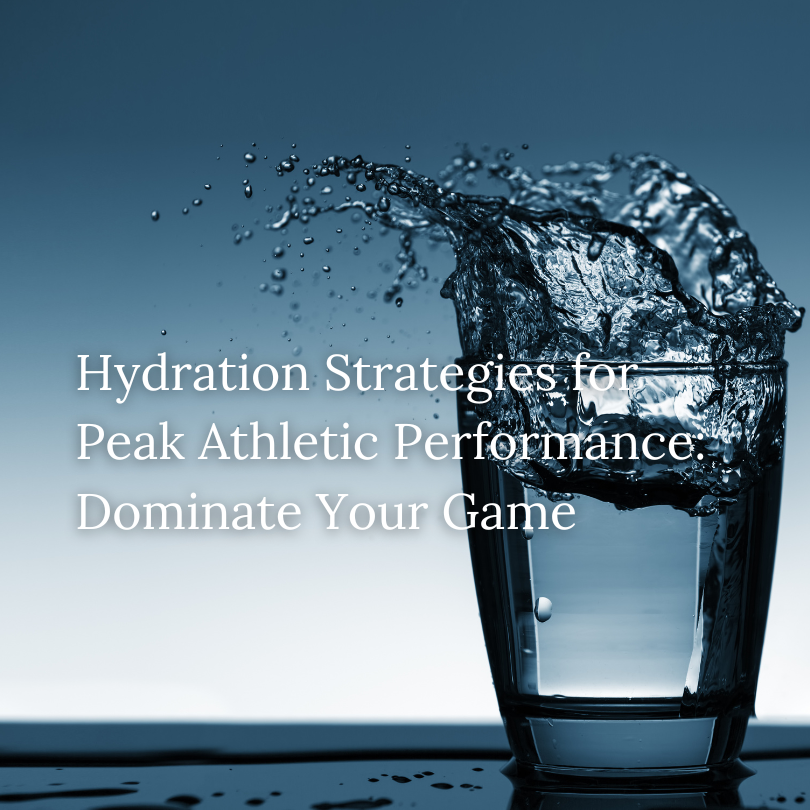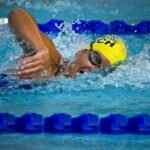Now Reading: Essential Nutrition Tips for Athletes: What Fuels Greatness
-
01
Essential Nutrition Tips for Athletes: What Fuels Greatness
Essential Nutrition Tips for Athletes: What Fuels Greatness
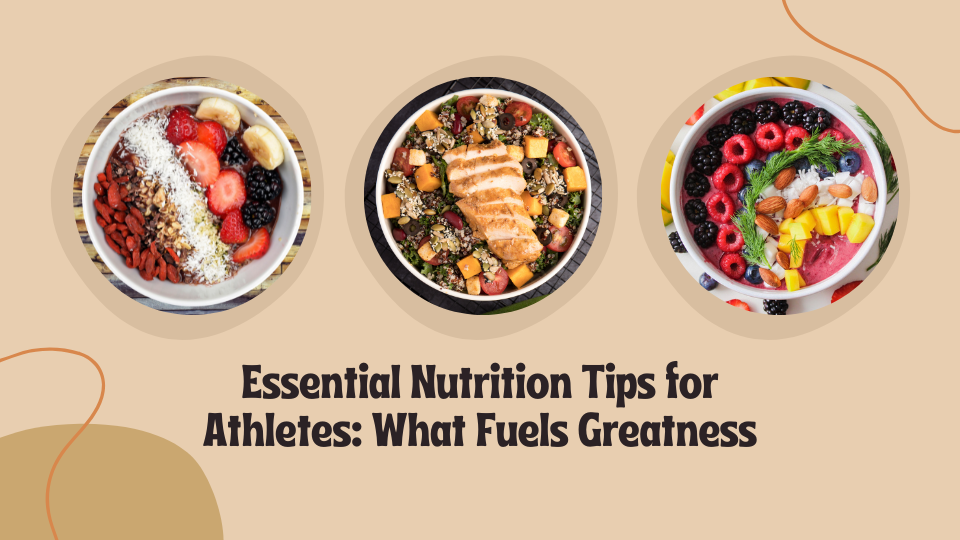

Whether you’re chasing a world record or just trying to make the team, nutrition matters.
It’s not just about eating healthy. Athletes need a smart, focused diet to train hard, recover fast, and perform under pressure. The right food can give you the edge. The wrong one? It can cost you everything.
Here are the essential nutrition tips every athlete should know—and follow.
1. Protein Is Non-Negotiable
Muscles are built in the gym, but they’re repaired in the kitchen.
Protein is the main fuel for muscle recovery. Without enough of it, your training is wasted. Period.
For serious athletes, aim for 1.6 to 2.2 grams of protein per kilogram of body weight per day. That might sound like a lot, but if you’re lifting or doing high-intensity training, your body needs it.
Best sources? Chicken, eggs, fish, Greek yogurt, whey protein. And yes, plant-based options like lentils and tofu can work too—just make sure you’re hitting your numbers.
2. Don’t Fear Carbs. Use Them.
Carbs have a bad reputation in the diet world. But for athletes, they’re gold.
Carbohydrates are the body’s top energy source. Without them, performance drops fast—especially in endurance sports. Think soccer, basketball, long-distance running.
Go for complex carbs like brown rice, oats, sweet potatoes, and whole wheat bread. These provide steady energy. Save simple sugars for just before or after training, when your body needs a quick boost.
Train low on carbs and you risk hitting the wall early. It’s not brave—it’s just bad planning.
3. Hydration Is More Than Water
Staying hydrated is critical. But it’s not only about drinking enough water.
When you sweat, you lose electrolytes—sodium, potassium, magnesium. These need to be replaced, especially in long sessions or hot weather.
For short workouts, water is fine. But for anything over 60 minutes, consider a sports drink with electrolytes. Or add a pinch of salt and a splash of fruit juice to your water. Simple, cheap, and effective.
And remember, if you’re thirsty, you’re already late.
4. Eat With Timing, Not Just Discipline
When you eat is just as important as what you eat.
The two golden windows for athletes are:
-
Pre-training: Eat 1–3 hours before exercise. Focus on carbs and a bit of protein. Avoid heavy fats and fiber—they slow digestion.
-
Post-training: Eat within 30–60 minutes after. Your body is primed to absorb nutrients. Aim for a mix of carbs and protein—about 3:1 ratio.
Skipping these windows is a rookie mistake. You train for hours—don’t waste that effort by under-fueling your body.
5. Don’t Sleep on Fats
Fats got demonized for decades. But they’re essential—especially for endurance athletes.
Healthy fats support hormone function, joint health, and long-term energy. They don’t give you quick fuel, but they help sustain your body in multi-hour efforts.
Think avocado, olive oil, nuts, seeds, and fatty fish like salmon. Avoid trans fats and overprocessed oils. These do nothing good for your body.
6. Supplements: Not Magic, But Useful
Supplements won’t make a bad diet good. But they can help fill the gaps.
Whey protein is solid for recovery. Creatine is one of the most researched and proven options for power and strength. Omega-3s help with inflammation and recovery. Vitamin D and magnesium? Many athletes are low on both.
But be careful. Not all supplements are created equal. Look for third-party tested brands. And remember—food always comes first.
7. Know Your Body, Not Just the Trends
No two athletes are the same.
Some people thrive on high carbs. Others feel better with more fat. Some can eat dairy. Others can’t handle it. You need to learn what works for you.
Try a food journal. Track how you feel after meals. How’s your energy? How’s your sleep? Are you recovering well? This is your body’s way of giving feedback. Listen.
Blindly following fads or influencers without understanding your own needs is lazy. Good athletes do the work—on the field and at the table.
8. Rest Days Still Need Fuel
One big mistake? Undereating on rest days.
Recovery is when your body grows stronger. That takes calories—especially protein and healthy fats.
Sure, you can lower your carbs a bit when you’re not training. But don’t slash your food just because you’re not moving. You’re still an athlete. Treat your body like one.
9. Avoid “Clean Eating” Extremes
There’s a difference between eating clean and being obsessed.
Some athletes go too far. They avoid anything processed, any sugar, any treat. That’s not discipline—it’s disordered.
A healthy diet is balanced. 90% of the time, eat whole, real foods. The other 10%? Enjoy the pizza, the birthday cake, the ice cream. Mental health matters too.
You don’t get bonus points for suffering. You just burn out faster.
10. Nutrition Is Part of Your Training
If you train like a pro, eat like one too.
Too many athletes spend hours on strength work or conditioning, then eat like a distracted college kid. That’s a waste.
Nutrition isn’t optional. It’s part of the job. It’s part of winning.
Talk to a sports dietitian if you can. If not, read, experiment, and learn. The more you know, the better you’ll feel—and perform.
Bottom Line
Training hard without eating smart is like building a race car and forgetting the fuel.
The best athletes don’t just lift heavy or run fast. They eat with purpose. They hydrate. They recover. They respect their bodies.
You don’t need fancy meals or expensive powders. But you do need to be consistent, intentional, and honest with yourself.
Fuel right. Train hard. Win more.


